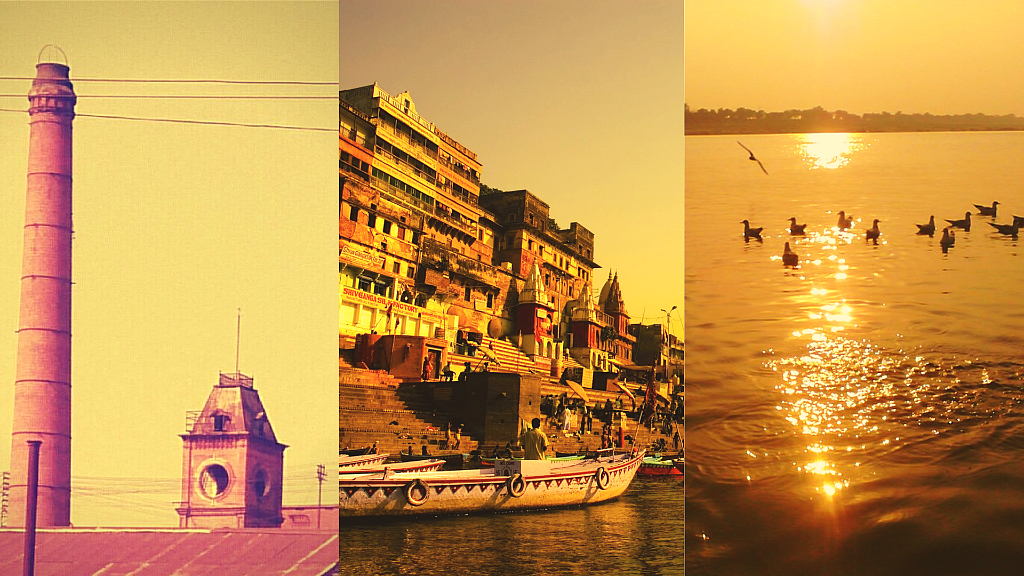
UP Polls: Why Don’t Kanpur, Kashi & Sangam Favour Winning Parties?
Even the cities do not have a single party which emerges as an overarching preference of the people.

advertisement
The Kanpur roads have been in bad shape for years now. From the banks of Kashi to its alleys - the whole city is falling apart. Allahabad is in ruins, but the legislators refuse to cast an eye on the troubles of the state.
However, despite their woes, why are the voters laid-back about the elections? Even the cities do not have a single party which emerges as an overarching preference of the people.
Before delimitation, Mayawati had won a spectacular victory in 2007. Yet, these historic cities of Uttar Pradesh did not favour Mayawati. Voters in northern Allahabad and Pratapgarh did not extend their support to the BSP. The party managed to secure only one seat in Kanpur while the BJP, which wasn’t even in power, secured three seats, and the SP got two seats.
The 2002 elections did not see these three cities give wholehearted support to any one party. Could this be the reason why the ruling party did not favour them?
Why the Same Attitude Despite Losses?
The political scenario of these three cities is complex and riddling. The ministers in Lucknow, when commenting on the power shortages in Kanpur, claim why would one be invested in the roads and power of a city which provides zero returns.
History is to be Held Accountable
Voters in Kanpur and Varanasi come from a time when religious, caste and communal identities triumphed over everything else. Many houses in Kanpur are steeped in traditions associated with the Congress with their living rooms still being adorned with pictures of Jawaharlal Neru and Indira Gandhi. Additionally, later, many people who got settled in these cities began to associate themselves with the Atal-Advani era.
In such a scenario, the voters prefer to extend their support to national political parties which are already heavily influenced by religious ideologies.
(This article was originally published on Quint Hindi. It has been translated to English by Rosheena Zehra.)
- Access to all paywalled content on site
- Ad-free experience across The Quint
- Early previews of our Special Projects
Published: 10 Feb 2017,04:44 PM IST